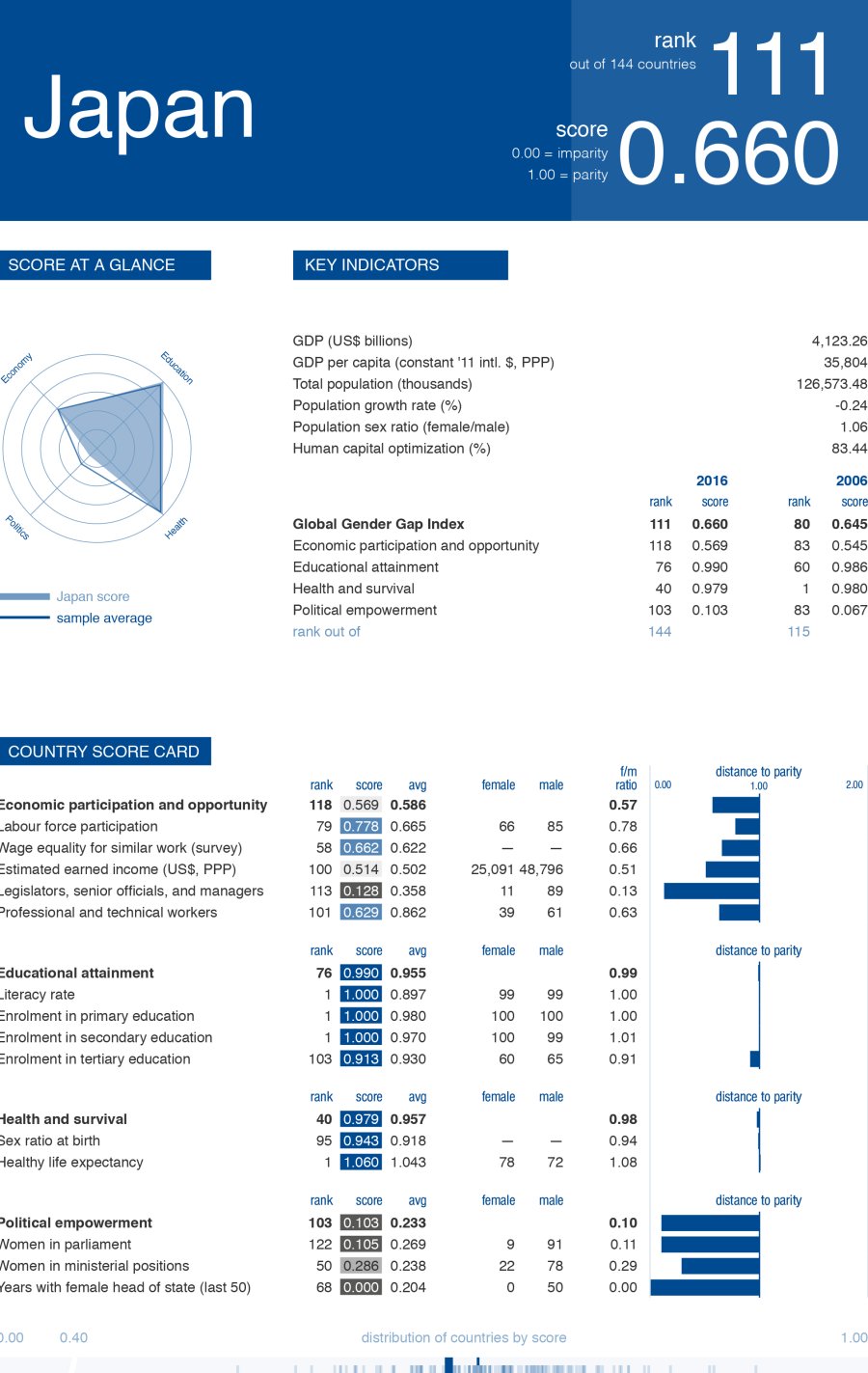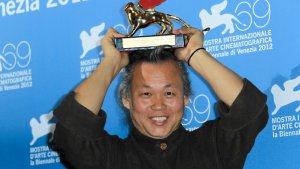 2024 Manga Adaptations (January - June)
2024 Manga Adaptations (January - June)
Earlier this week, the ever popular Japanese actress, Maki Horikita (28) announced that she is retiring from the entertainment industry for good in order to focus on her family.
This is yet another blow to J-dorama fans. Last year, the great actor Narimiya Hiroki announced his retirement, though for completely different reasons.
The responses from netizens have been mixed. Many fans are happy for Maki, while others believe that she may have been forced to leave her career because her husband became too possessive and jealous. However, at the same time, it's fairly common for Japanese women to give up their careers in order to become full-time housewives, placing Japan very low in the gender equality rankings.
I guess we can never be sure. Instead, we can simply hope that Maki is happy.
The following is her official statement:
I have decided to leave my career that I’ve had until now.
As a mother, and I am living a very blessed life with my beloved family. With this warmth, I plan to protect this happiness with all of my might.After discussing with my husband, he has respected my feelings. The two of us will continue to work together to create a family that is full of love.
To all of my fans who have supported me, to everyone who has taken care of me, thank you for a wonderful 14 years.
February 28, 2017
Maki Horikita
- source
Maki is famous for her roles in Nobuta Wo Produce, Kurosagi, and Hana Kimi. Her main role debut was at the young age of 14 in a drama Mobile Detective Zenigata Mai. Her first main role in a school film was in Winning Pass, alongside the legendary Matsuyama Kenichi.
She married fellow actor Koji Yamamoto (who is 12 years older than her) in August 2015, and gave birth to their first child in December 2016. The baby's name and gender have not been revealed yet.

Traditional Roles and Discrimination
In Japan, 40 to 60% of women quit work after giving birth. According to WEF, in 2013, Japan placed 105 (out of 135 countries) in regard to women’s participation in the economy and politics.
This places Japan below even Burkina Faso when it comes to gender equality.
In 2016, Japan fell to the 111th place (out of 144 countries) in gender equality rankings.
As for other Asian countries, China was placed 99th, Thailand 71st, and South Korea 116th.
Sources: Oricon, Arama, JapanTimes, Nippon












